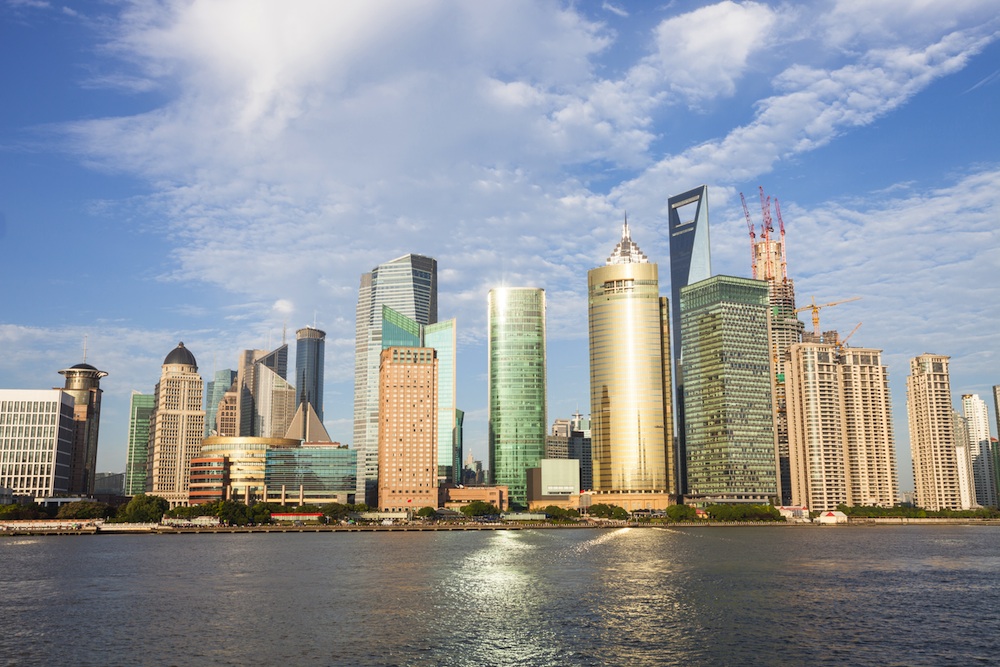
ShutterstockShanghai, along with the rest of China, might soon be getting a little cleaner.
The West has long turned a collective blind eye to China’s human rights abuses, its disregard for democracy, its complicity in the mistreatment of its low-wage workers, its occupation of Tibet, and its environmental sins. By turning that blind eye, we’ve ensured a cheap and steady flow of everything from McDonald’s Happy Meal toys to iPhones and other toxic consumer goods.
But something remarkable has been happening of late: China’s despotic leaders seem to be working to clean up the country’s environmental practices.
In February, the leaders announced they would introduce a carbon tax and new pollution discharge fees.
Also last month, China finally came clean and admitted to the existence of so-called cancer villages. “The toxic chemicals [used in China but banned elsewhere] have caused many environmental emergencies linked to water and air pollution,” the country’s environment ministry acknowledged in a landmark report.
And now, Bloomberg is reporting that China has issued environmental protection guidelines for companies to follow when they make foreign investments. Chinese companies operating abroad are being directed to curb pollution and consider their impacts on local communities. From the article:
The guidelines call on companies to follow local environmental laws, assess the environmental risks of their projects, minimize the impact on local heritage and draft plans for handling emergencies.
“We want our companies to realize that they must look after environmental issues in domestic and overseas investments,” Bie Tao, a policy department official from the Chinese environment ministry, said at the briefing. “No side will win if the environment is neglected, and we have many lessons in this regard.”
Zambia last week revoked the license of a Chinese-owned coal mine in the south of the country after violations of safety and environmental laws. In Myanmar, construction of a $3.6 billion hydropower plant by a venture between China Power Investment Corp., Myanmar’s Ministry of Electric Power-1 and a local private company was halted after the project drew the criticism of environmentalists and local residents protested.
And there’s more. From a separate Bloomberg article regarding the country’s latest effort to curb its killer air pollution:
China’s largest oil companies have announced plans for billions of yuan of upgrades after air pollution in the Chinese capital hit hazardous levels on 20 days in January. China Petrochemical Corp. Chairman Fu Chengyu said in an interview with state broadcaster China Central Television last month that the nation’s biggest refiner would spend about 30 billion yuan [$4.8 billion] a year to upgrade its plants to produce cleaner fuel.
So far, this is all mostly talk. But if China carries through with these and other pledges, it may soon have fewer environmental sins that we would need to overlook. That should make it even easier for us to turn a collective blind eye to its human rights abuses, its disregard for democracy, its complicity in the mistreatment of its low-wage workers, and its occupation of Tibet.



